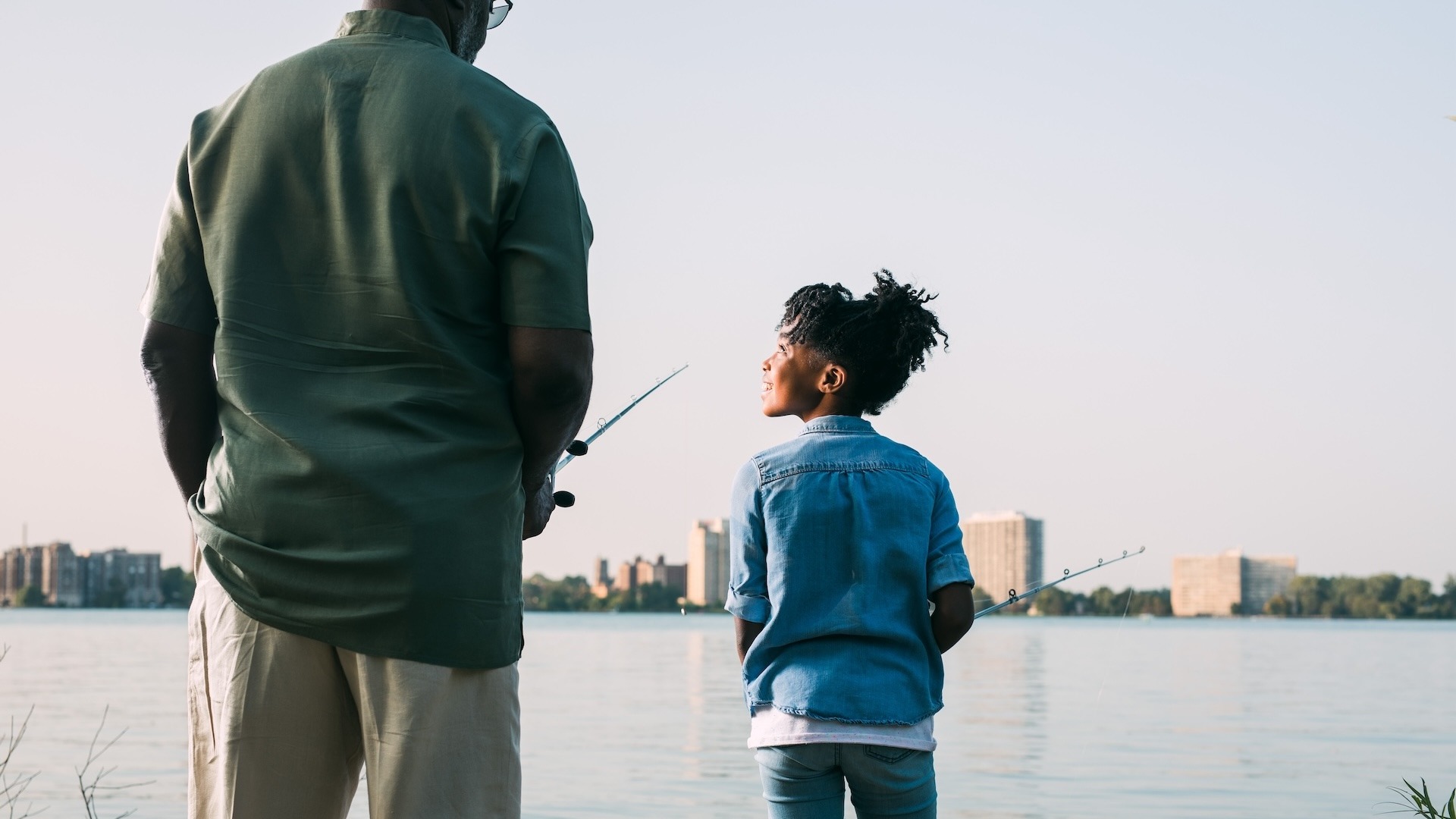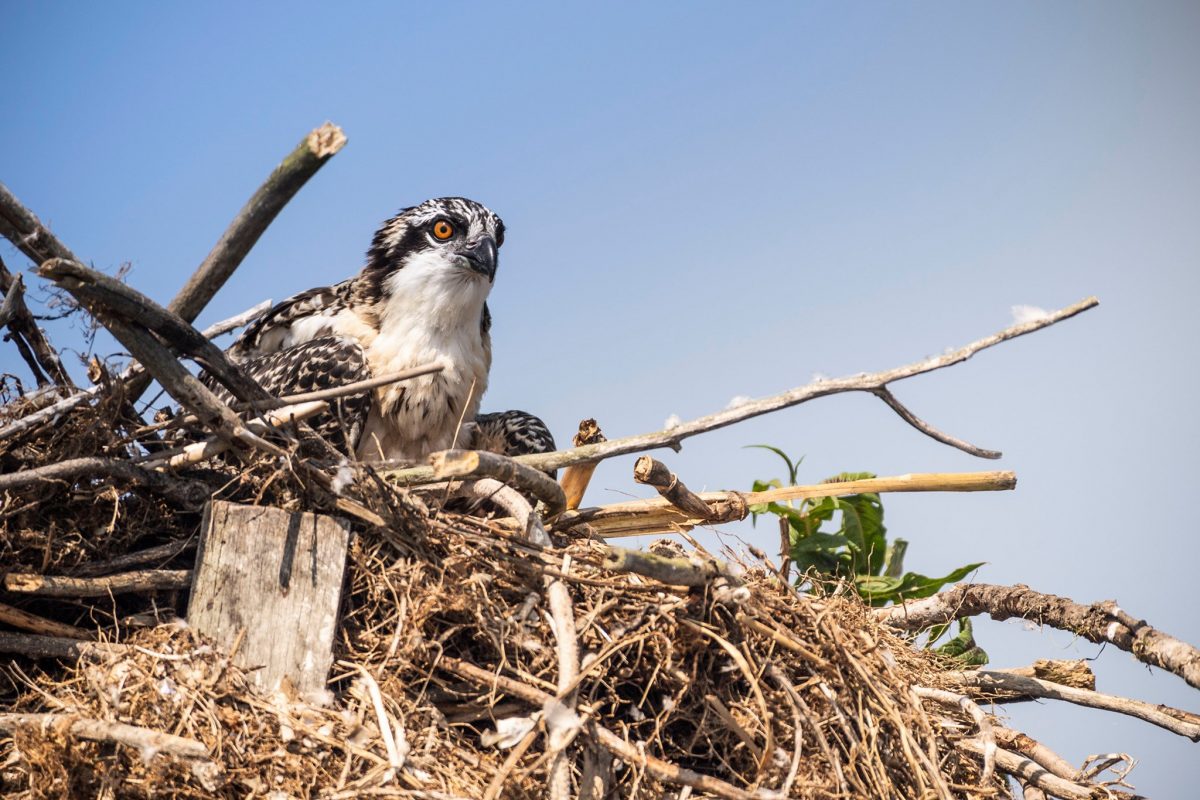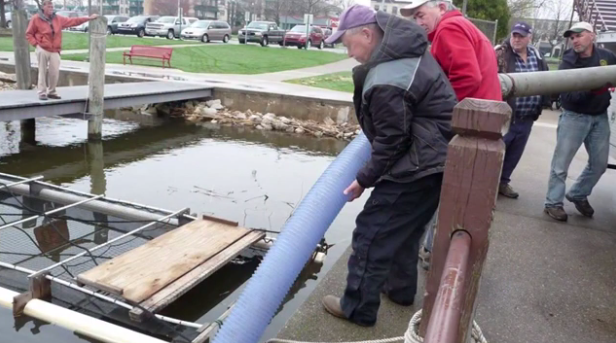LANSING — July is Michigan Wildlife Conservation Month and conservationists across the state have lots to celebrate as a 2023 surge in fishing licenses purchases shows young people buying into the sport hook, line and sinker.
In conjunction with Gov. Gretchen Whitmer proclaiming July as Michigan Wildlife Conservation Month, the Michigan Wildlife Council (MWC) today pointed to a DNR audit of 2023 fishing and hunting license sales as good news for the short-term sustainability of the primary funding source for wildlife management, habitat restoration and conservation efforts in the state.
July 1 also marks the effective date for the Pittman-Robertson Federal Aid in Wildlife Restoration Act, which ensured a percentage of money from hunting equipment purchases would go to wildlife management projects nationwide.
“Fishing is a growth sport in Michigan and that’s great news for conservation, habitat restoration and Michigan’s environmental future,” said Nick Buggia, MWC Chair. “Not only that, but it’s gratifying to see young people discovering fishing as a fun and a fantastic way to spend time and share experiences in the outdoors and on the water with family and friends.”
Licenses purchased by more than 1.7 million anglers and hunters generated $66.1 million for the Michigan Game and Fish Protection Fund in 2023. The fund is the DNR’s largest revenue source and is critical to its conservation and wildlife management work. Taxes on the sale of hunting and fishing equipment raised an additional $32 million to support wildlife and natural resource management.
Michigan’s fishing license sales — especially among young people — have shown an upward trend in recent years, while the number of hunting licenses has held steady across all age groups during the same period.
While anglers younger than 17 are not required to purchase a fishing license, they may do so voluntarily for just $2 and in 2023 the number who did has been off the hook. Young people ages 10-16 accounted for the largest percentage jump by far of anglers purchasing licenses for the first time with 8,029 new licenses sold, up more than 25 percent over the 2022 numbers in that age group.
Combined with sales to young adults 17-24 — who are required to purchase a license — the numbers seem promising for the future of fishing enthusiasts and conservation work in Michigan, Buggia said.
In the young adult age group, there were 135,785 people who bought licenses in 2023. Overall, Michigan residents and visitors purchased 1,298,200 state fishing licenses in 2023, with 252,858 of those being first-time license buyers.
But conservationists continue to express concern for longer-term funding as inflation continues to take a bigger bite out of wildlife management and habitat restoration budgets. Overall license sales lag behind previous highs.
Buggia cautioned that while the uptick is “a positive sign, we’re nowhere near out of the woods in terms of long-term funding in part because a failure to keep pace with inflation has put us in a deep hole.”
Buggia and other conservationists emphasize the importance of attracting new generations of anglers and hunters to Michigan’s woods and waterways as a means of protecting the state’s natural resources. They expect those generations will grow the network of outdoors enthusiasts who fund the state’s conservation, wildlife management, habitat restoration and other ecological efforts.
“Most Michiganders understand the positive impact fishing and hunting has on tourism, jobs and the overall economy,” Buggia said. “But I think there is less awareness of the role those activities have in protecting our natural resources. Conservation is primarily funded through the sale of hunting and fishing licenses and equipment, not tax dollars.”
The dollars generated from the sale of fishing and hunting licenses has allowed dedicated professionals and volunteers to make habitat improvements, take measures to prevent diseases and work to restore wildlife populations to sustainable levels. Conservation activities keep wildlife populations in balance, protect Michigan waters from habitat degradation and invasive species and safeguard forested habitats for thousands of wildlife species while reducing the risks of flooding and wildfires.
“Whether you prefer camping and canoeing, taking long walks along the water, hiking woodland trails or simply basking in the natural beauty of the Great Lakes State, please thank the anglers and hunters who make it possible for everyone to enjoy Michigan’s unmatchable outdoor spaces,” Buggia said. “As Michiganders, we put a high premium on our abundant resources and we understand the importance of protecting the outdoors now and for future generations.”
The Michigan Wildlife Council is entrusted with educating the public about the importance of wildlife conservation and the role fishing and hunting play in protecting and enhancing Michigan’s wildlife and natural resources.



